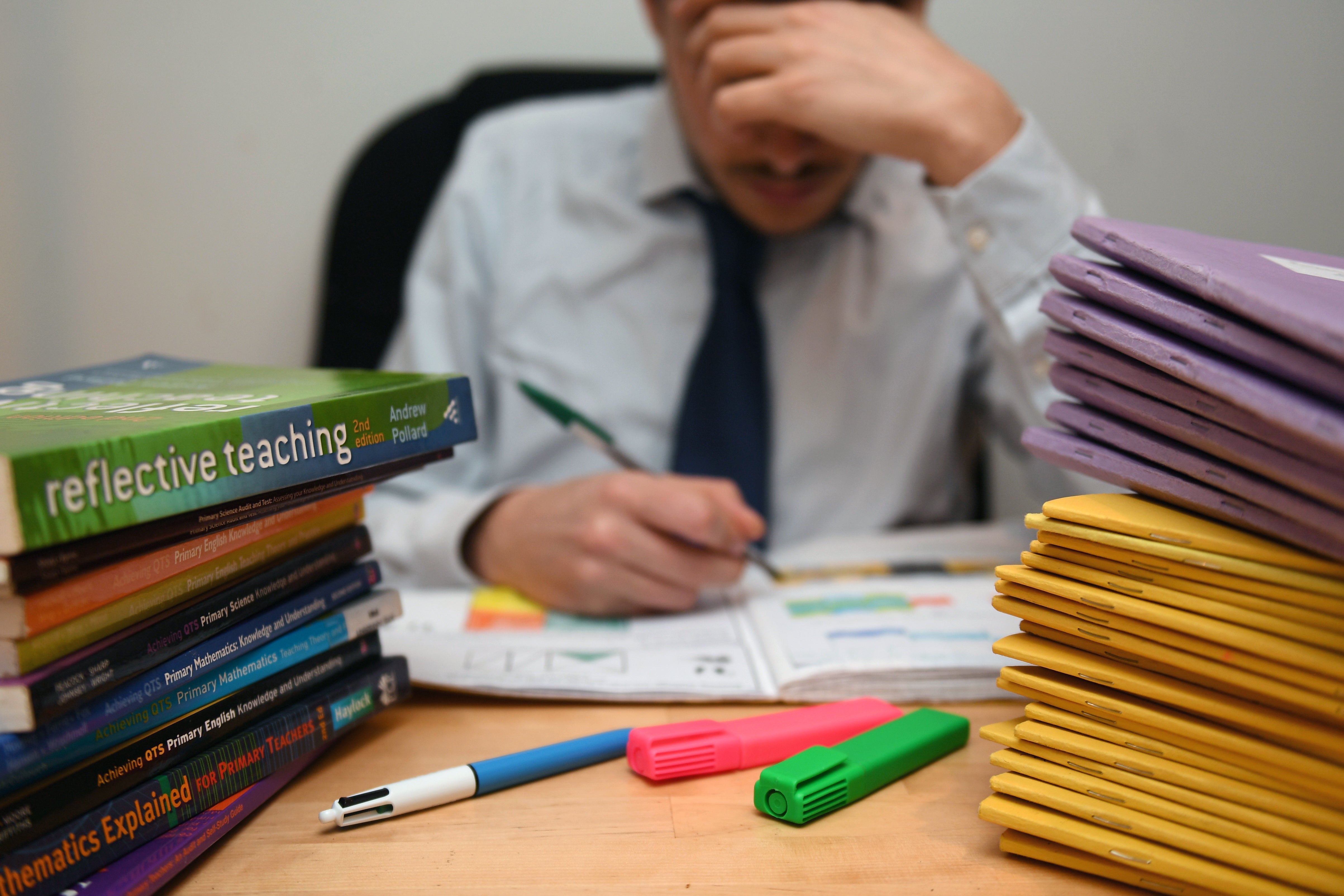Challenging tasks can ‘hurt’ the brain, new study says
Data showed the greater the mental effort, the more unpleasant emotions were reported.

Support truly
independent journalism
Our mission is to deliver unbiased, fact-based reporting that holds power to account and exposes the truth.
Whether $5 or $50, every contribution counts.
Support us to deliver journalism without an agenda.

Louise Thomas
Editor
Using extra brainpower on mental tasks causes higher levels of stress, frustration or anger, new research suggests.
A new study from the American Psychological Association revealed the more effort put into a task, the higher levels of unpleasant emotions.
Researchers analysed 170 studies to examine whether mental effort is associated with unpleasant feelings, and if there was any difference across occupations, cultural or social groups.
But across all groups, data showed the greater the effort, the more distressing emotions were reported.
“Our findings show that mental effort feels unpleasant across a wide range of populations and tasks,” senior author Dr Erik Bijleveld said.
“This is important for professionals, such as engineers and educators, to keep in mind when designing tasks, tools, interfaces, apps, materials or instructions. When people are required to exert substantial mental effort, you need to make sure to support or reward them for their effort.”

While all countries experienced mental distress associated with effort, findings were less pronounced in Asian countries than they were in Europe or North America, Dr Bijleveld said.
Studies also observed that people still voluntarily engage in mentally challenging tasks, despite their adverse nature.
Dr Bijleveld said: “For example, why do millions of people play chess? People may learn that exerting mental effort in some specific activities is likely to lead to reward. If the benefits of chess outweigh the costs, people may choose to play chess, and even self-report that they enjoy chess.
“Perhaps people choose mentally effortful activities despite the effort, not because of it.”
Subscribe to Independent Premium to bookmark this article
Want to bookmark your favourite articles and stories to read or reference later? Start your Independent Premium subscription today.